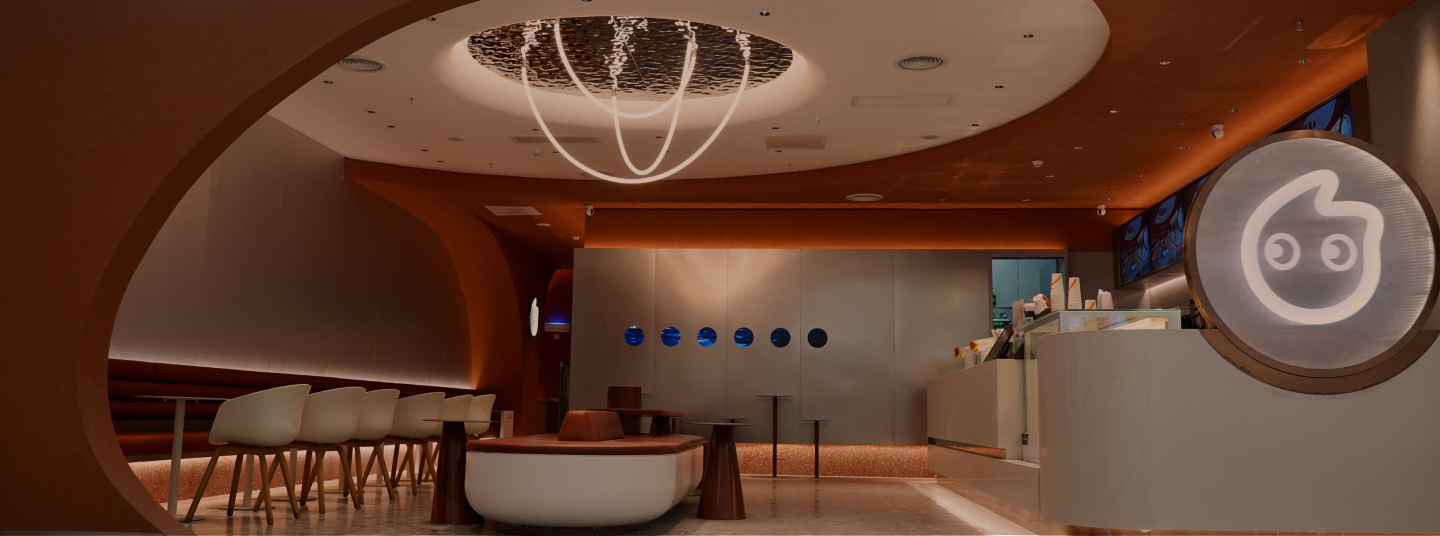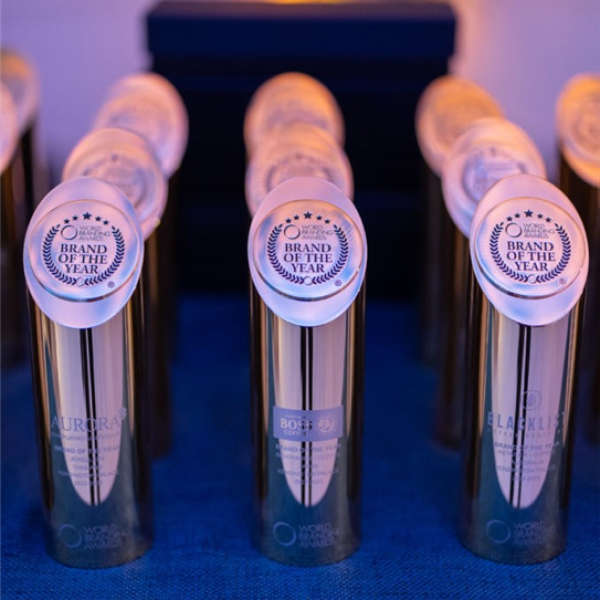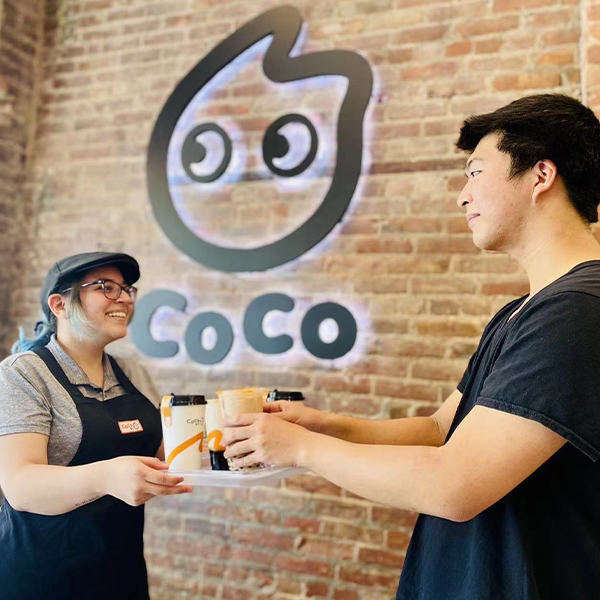How Much to Open a Boba Tea Shop?
COCO FRANCHISE NEWS
2023-08-30
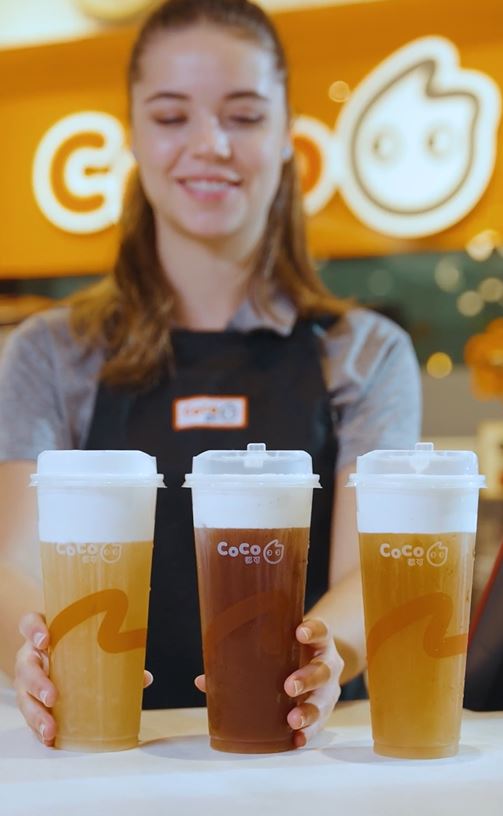
Boba tea, also known as bubble tea, has become a global sensation, transcending its cultural roots in Asia to become a beloved treat around the world. The growing trend of boba tea is more than just a fleeting fad; it represents a burgeoning market with immense potential in various regions, from bustling urban centers to emerging markets. Many are drawn to the opportunity but find themselves asking, "how much to open a boba shop?"
As tempting as it may be to dive into this exciting venture, understanding the financial aspects of starting a boba tea business is crucial. It's not just about the delicious pearls and sweet flavors; it's about crafting a sustainable and profitable business model.
In this comprehensive guide, we'll explore the range of startup costs, major expenses, ongoing operational costs, potential profitability, and even franchising opportunities. Whether you're a seasoned entrepreneur or a boba enthusiast looking to turn passion into profit, this guide offers insights to help you navigate the path to opening your own boba shop.
Fixed Costs of Opening a Boba Tea Shop
One of the first things to do when considering starting a boba shop is to create a comprehensive business plan. This essential step will help you align your goals, vision, and roadmap for success, allowing you to identify specific areas of investment and potential challenges.
Equipment Costs:
As a franchisee, investing in high-quality equipment is paramount. This includes tea brewers, tapioca pearl cookers, and working stations. These tools, which typically account for 15%-25% of startup costs, ensure consistency in product quality, aligning with the franchisor's standards. The success of your business is greatly influenced by the type of equipment you use. You will need appliances like blenders, stirrers, bubble tea sealing machines, shaker cups, ice makers, a refrigerator, and a bubble tea fructose dispenser in order to start your boba tea shop. You should budget about $10,000 or more for them.
Location Considerations:
Securing a prime location is crucial for brand visibility. While rent and renovations usually account for 30%-40% of total costs, a well-placed shop can significantly boost foot traffic and sales, ensuring a faster return on investment. Securing a location for your boba shop will be one of your major expenses. Prices depend on the geographic area, foot traffic, and the real estate market's performance. An environment with a high concentration of young people and foot traffic will cost far more than those in airports and malls. This is due to the fact that young people are the main consumers of boba tea.
Legal and Initial Setup:
Navigating the legal landscape of franchising can be complex. It is essential to understand that there is no direct relationship between lawyer fees and interior design, furniture, and technical systems. Lawyer fees mainly involve legal affairs, while interior design, furniture, and technical systems are related to the store environment and operations. Budgeting for legal fees, licenses, permits, insurance, interior design, furniture, and technology systems is essential. These one-time investments ensure compliance with both local regulations and franchisor guidelines. Obtaining a business license and health permit is one of the requirements for running a boba shop. The cost of licensing depends on your location and the products you sell. It would cost you about $5000-10000 or even more.
Variable Costs of Running a Boba Tea Shop
Ingredient Costs:
Maintaining brand consistency means sourcing specific, approved ingredients. The cost of tea leaves, toppings, flavorings, and tapioca pearls will depend on the franchisor's recommended suppliers. These ingredients usually make up 20%-40% of initial costs but are vital for ensuring a uniform taste across outlets. Stocking up your ingredients and supplies is another significant expense. This includes milk, flavored powders and syrups, cups, straws, plastic for cup sealers, lids, creamers, sweeteners, tapioca starch pearls, and green, white, and black tea. Budget as per your business operation then invest more as you scale up.
Staff Expenses:
Hiring the right team, including bobaristas, managers, and support staff, is crucial. Costs associated with recruiting, training, and retaining staff, including salaries and potential benefits, can form 20%-30% of starting expenses. Franchisors often provide training modules or guidelines to ensure staff meets brand standards. The cost of hiring staff varies based on different factors. If you operate a large boba shop in a busy area, you will need a lot of staff to meet up with the needs of your customers. However, it is recommended to keep your labor cost within 20% to 30% of gross sales.
Marketing Expenses:
While the franchisor will likely have overarching marketing strategies, local advertising, and promotions are often the franchisee's responsibility. Investing in online advertising, grand opening events, and local partnerships can take up 5%-10% of the initial budget but can significantly boost local brand recognition. Marketing is very crucial for attracting customers to your boba shop. Consider allocating money for promotional activities like influencer marketing, branding/logos, online advertising, and social media marketing.
Contingency Funds:
Every franchisee should be prepared for unexpected challenges. Setting aside funds for unforeseen expenses, such as equipment repairs or sudden market changes, ensures the business can adapt without compromising operations.
Potential Profitability of Opening a Boba Shop
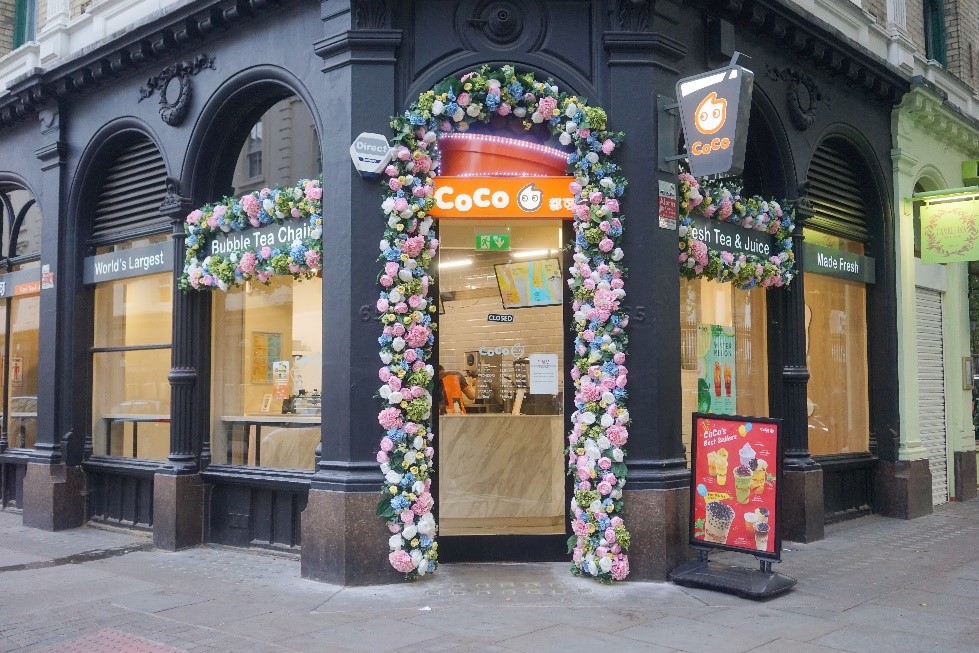
As of 2021, the bubble tea industry was valued at over $2 billion, with research indicating continued growth over the next decade. The thriving industry presents an opportunity for substantial profit margins. However, achieving such profitability requires careful consideration of several key factors.
Quality of Drinks:
The quality of the beverages you serve plays a crucial role in attracting and retaining customers. Superior ingredients and meticulous preparation can differentiate your boba shop from competitors.
Pricing Strategy:
Balancing pricing to ensure profitability while maintaining attractiveness to consumers requires a strategic approach. Pricing should reflect both the quality of your offerings and the economic demographics of your target market. It is important to consider the spending power of local consumers when determining prices. This means that the pricing strategy should be aligned with the local consumers' spending power to ensure that the offerings are affordable and attractive to the target audience.
Community Engagement:
Understanding and connecting with your local community is vital for business success. Tailoring products to local tastes and participating in community activities can foster loyalty and repeat business.
To optimize the financial performance of your boba tea shop, continuous analysis of these critical factors is necessary. Should you identify areas in need of enhancement, the development and implementation of targeted strategies can increase your profit margin?
How Much to Open a Boba Shop: Exploring Opportunities with Franchising
Opening a boba shop is an exciting venture filled with opportunities and challenges. From understanding the range of startup costs to evaluating ongoing operational expenses, the path to profitability requires careful planning and execution. However, the potential rewards are significant, especially when considering the growing global love for boba tea.
One way to navigate these complexities is through franchising with CoCo Fresh Tea & Juice. Franchising offers several distinct advantages that can make the process of opening a boba shop more streamlined and potentially more profitable:
- Global Presence: With over 5,000 stores worldwide, CoCo's expansive reach and success on the global stage further attest to the brand's strength and reliability.
- Brand Recognition: CoCo Fresh Tea & Juice stands as a prominent name in the boba tea sector. Its robust brand reputation not only draws customers with ease but also positions it for strategic collaborations with other renowned IPs. Partnering with CoCo offers the dual advantage of leveraging its established marketing prowess and the benefits of high-profile brand alliances.
- Cost Savings: Franchising with CoCo allows franchisees to save on initial store expenses. By leveraging the brand's established relationships with suppliers and its bulk purchasing power, you can secure equipment, ingredients, and other necessities at a reduced cost.
- Efficiency: CoCo's comprehensive training manual and support system prevent unnecessary labor wastage. The training ensures that staff are well-prepared, reducing the learning curve and enhancing overall efficiency.
- Location Assessment: CoCo's thorough store location assessments ensure optimal foot traffic and sales potential within the business district. This takes the guesswork out of choosing the right location, a critical factor in the success of any retail business.
- Ongoing Support: Franchising with CoCo means continuous support in various aspects of the business, from marketing to operations. This support can be invaluable, especially for those new to the food and beverage industry.
In conclusion, while opening a boba shop is a complex process with various costs and considerations, franchising with CoCo Fresh Tea & Juice offers a pathway that can simplify the journey and enhance the potential for success. Contact us today to learn more about our franchising opportunities and take the first step toward realizing your dream of owning a thriving boba shop.

